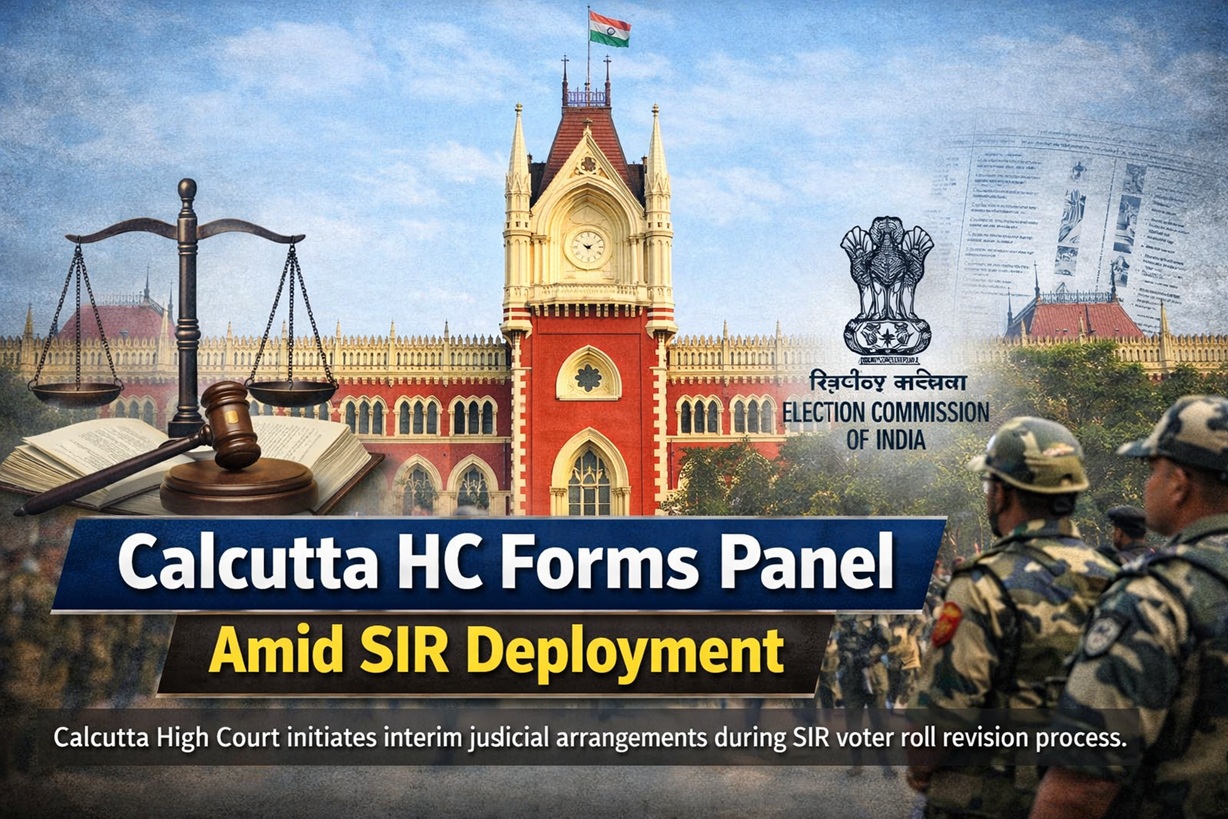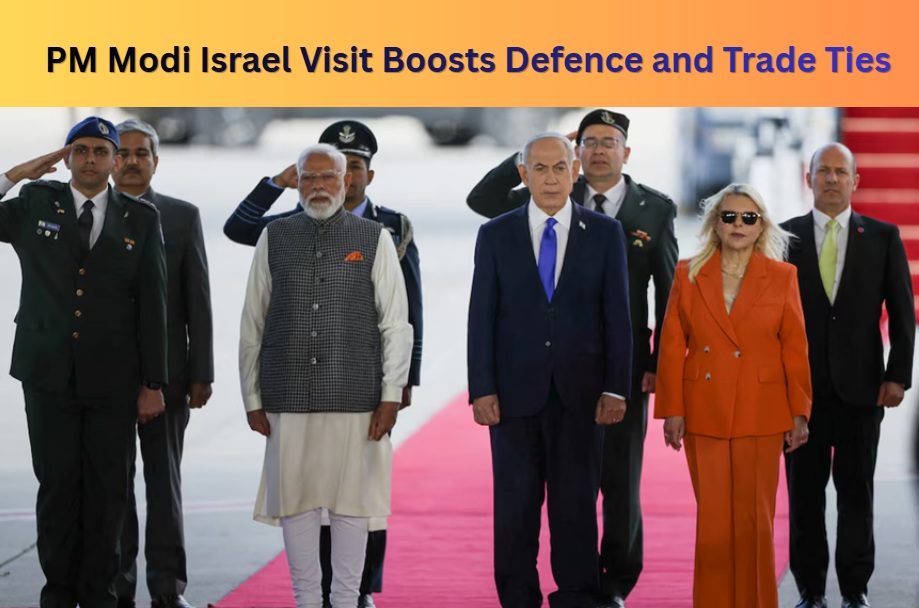In a major development on Saturday, May 10, 2025, the Directors General of Military Operations (DGMO) of India and Pakistan agreed to a comprehensive ceasefire across land, air, and sea. The agreement, which came into effect at 5 p.m., was formally announced by Indian Foreign Secretary Vikram Misri. The announcement followed U.S. President Donald Trump’s statement confirming that both nations had agreed to a “full and immediate” cessation of hostilities, mediated by the United States.
“The DGMO of Pakistan contacted his Indian counterpart at 3:35 p.m. earlier today,” Misri said. “They agreed that both sides would cease all military action across land, air, and sea starting 5 p.m.”
India’s Toughened Stance on Terrorism
Parallel to the ceasefire announcement, India made a significant policy declaration. The government stated that any future act of terrorism will henceforth be treated as an act of war. Responding to Pakistan’s ongoing misinformation campaign about damage to Indian military assets, the Indian government rejected such claims as baseless propaganda.
Operation Sindoor, India’s recent retaliatory military action, has reportedly inflicted heavy damage on multiple Pakistani airbases. Despite claims from Pakistani officials and media that Indian infrastructure—such as airbases in Punjab and Rajasthan—had been destroyed, the Ministry of External Affairs released photographic evidence disproving these assertions.
India’s Strategic Policy Shift
According to top-level sources, this policy shift signals a new era in India’s national security doctrine. Going forward, any terrorist attack traced to foreign soil will trigger full-scale military retaliation. The Indian Army, Navy, and Air Force will have a free hand to respond decisively.
Prime Minister Narendra Modi, in consultation with key security and defence officials, has reportedly concluded that Pakistan lacks the capability to sustain a conventional war and is increasingly relying on asymmetric and proxy warfare via terror outfits. The new policy aims to deter such tactics by redefining the cost of using terrorism as a tool of statecraft.
“This marks a strategic turning point,” said a senior government official. “Terrorist attacks will no longer be treated as isolated incidents. They will be responded to as if they were conventional acts of war.”
Countering Pakistan’s Propaganda
In recent days, Pakistani leaders, including Prime Minister Shahbaz Sharif and Defence Minister Khawaja Asif, have claimed significant Indian losses. However, Indian authorities have provided satellite imagery and operational footage to counter these narratives. No Indian airbase, including those in Sirsa and Suratgarh, sustained any damage, according to official statements.
Furthermore, Pakistan’s attempts to involve third countries in its narrative—such as claiming Indian drones crashed in Afghanistan—have also been refuted. Afghanistan’s interim government officially denied any such incident, underscoring Pakistan’s alleged misinformation campaign.
Next-Generation Warfare and Cyber Strategy
Security experts have hinted that India is preparing for next-generation warfare, including the use of cyberattacks to neutralize enemy communication, infrastructure, and propaganda tools. Analysts suggest India could disable internet access, disrupt banking systems, and paralyze military command structures in the event of further provocation.
“India leads the world in software capability,” said a defence analyst. “The next conflict may not be fought with missiles alone. Strategic cyber warfare is now a central part of India’s response toolkit.”
Global Implications and Final Warning
India’s new doctrine sends a strong message to the international community: terror will no longer be compartmentalized—it will be treated as an act of aggression by a hostile state. This also implies that terror groups operating from countries like Pakistan or Bangladesh, with known state links, will trigger a full-blown military response.
Foreign Secretary Vikram Misri emphasized during press briefings that the international community must recognize Pakistan’s consistent pattern of deceit. “False claims, doctored videos, and propaganda cannot hide the truth,” he said.
In conclusion, India’s declaration to treat future terror attacks as acts of war marks a watershed moment in regional security. While Pakistan continues to deny responsibility and spin narratives, the Indian government has made it clear that tolerance has limits. As Prime Minister Modi’s warning echoes, “You may make 99 mistakes, but the 100th will bring consequences you cannot undo.”
#CeaseFire #DonaldTrump #usa #donaldtrump #operationsindoor #indiapakistanwar #VikramMisri #indiaPakFaceoff #Sjaishankar #indiapakistantension #indiapakistanwar #narendramodi #OperationSindoor #indiannavy #indianarmy #indiaairforce #rajnathsingh #IndiaPakFaceoff #pakistan #kashmir #IndiaStrikesPakistan #IndiavsPakistan #pahalgamattack #MisinformationCampaign





